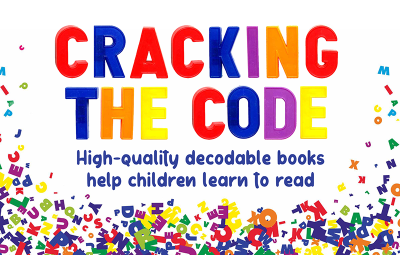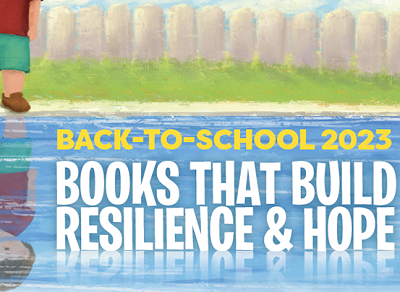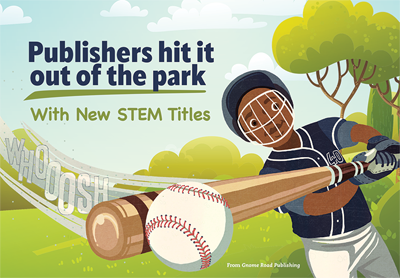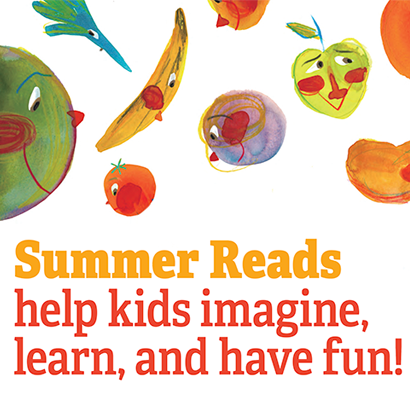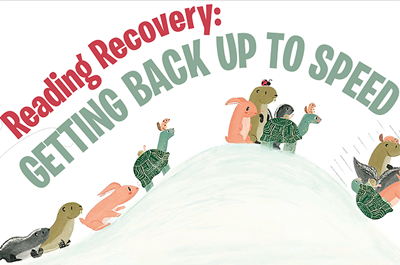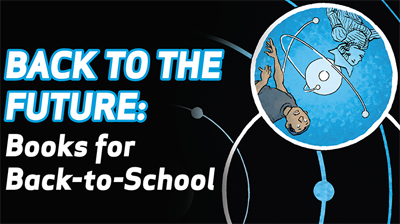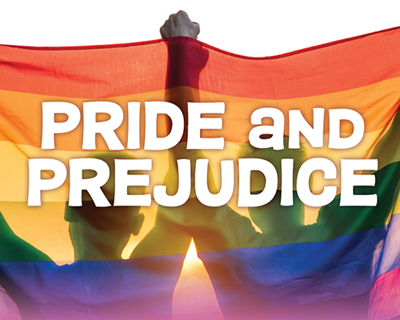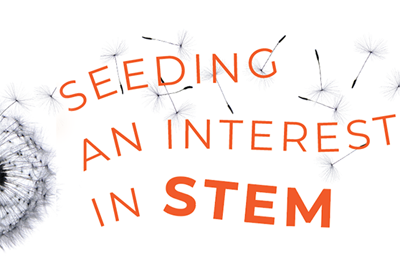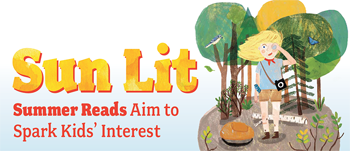Dennis Pierce
15 Articles
From:
To:
Cracking the Code: High-Quality Decodable Books Help Children Learn To Read
Decodables, or simple books written for beginning readers, have become staples in elementary school classrooms and libraries everywhere, and for good reason. By encouraging children to sound out words using decoding strategies rather than guessing from pictures or predicting from other cues, decodables help emergent readers learn to read independently.
Back-to-School 2023: Books to Build Resilience and Hope
Many of the new books available for this year’s back-to-school season aim to help students cope with their emotions and develop the resilience they need to thrive. Others are intended to help young people find a sense of hope and community after several tumultuous years.
Publishers Hit It Out of the Park with New STEM Titles
An understanding of STEM ideas and principles can empower students to solve problems, take action in their own communities, and prepare them for the future. This is why STEM-related books continue to resonate with publishers and young readers alike.
Summer Reads Help Kids Imagine, Learn, and Have Fun!
Summer reading is critical for so many reasons: It helps prevent learning loss while students are off for the summer. It supports children’s social-emotional development. It reinforces the idea that learning doesn’t end when school is out of session. Most important, it’s a time when kids can read just for fun.
Reading Recovery: Getting Back Up to Speed
Nearly three years after COVID-19 shut down schools from coast to coast, parents and educators are still trying to help kids make up for interrupted learning resulting from the pandemic—and libraries play a pivotal role in their success.
Back to the Future: Books for Back-to-School
With the first “normal” school year in two years about to start, educators, librarians, parents, and—of course—children, are looking forward to it with some trepidation. The major spikes in the pandemic seem to be in the rearview window, and the prospect of an uninterrupted school year appears more assured. That doesn’t mean that it won’t be without its challenges.
Pride and Prejudice: Seeking LGBTQ+ Titles to Diversify Collections
School librarians know that representation matters. Seeing themselves reflected in the books they read is empowering for LGBTQ+ youth. But it’s just as important for other students to hear LGBTQ+ voices amplified.
Seeding an Interest in STEM
STEM education has been in the spotlight in recent years as part of a national push to involve more students in STEM careers. While this is certainly a worthy goal to advance innovation and ensure the nation’s competitiveness, the truth is that all students need to develop STEM literacy—whether or not they choose a career in these fields.
Sun Lit: Summer Reads Aim to Spark Kids’ Interest
Students can get lost in a good story or a compelling nonfiction book on a topic that engages them—and that’s the kind of experience publishers are aiming for with their summer reading lists and programs.
ALREADY A SUBSCRIBER? LOG IN
We are currently offering this content for free. Sign up now to activate your personal profile, where you can save articles for future viewing
